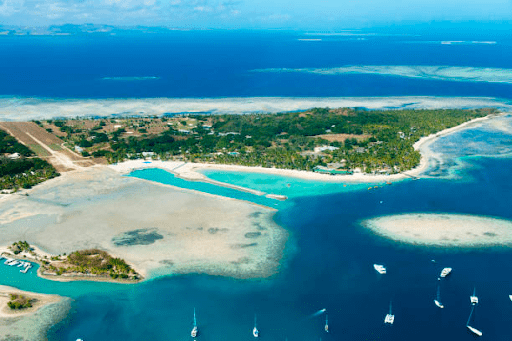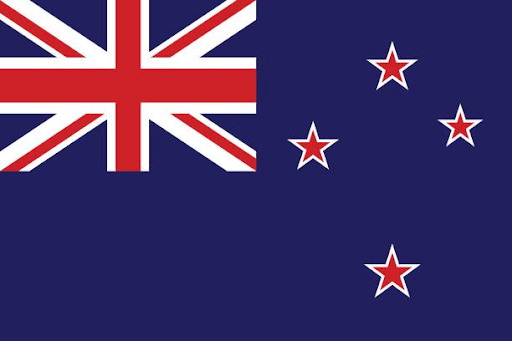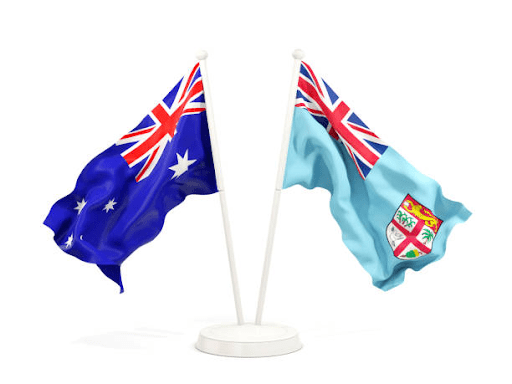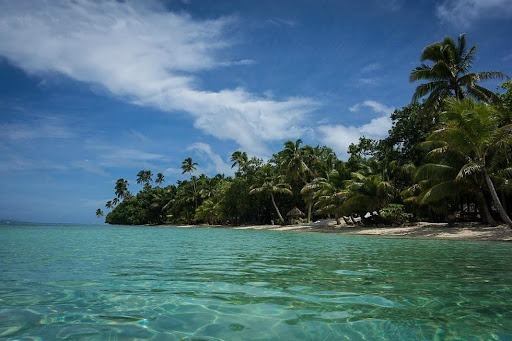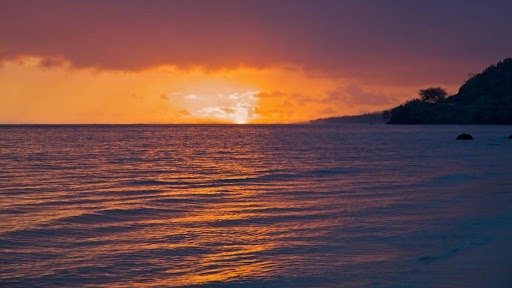10 Fijian weather-related terms
Here’s 10 more relevant terms and phrases for any visiting tourist. This is a continued series of glossary articles on the Fijian language, and terms discussed in this article relate to the weather.
If you’re planning to come to Fiji during the Christmas season, then this article is for you. For those not familiar, cyclone season in Fiji, begins around November and lasts till late April or early May.
For any other relevant terms that might interest you, check out our other articles, “10 must-know Fijian terms and phrases” and “Basic Fijian conversational phrases for travellers to Fiji”.
1. Walesi/ retio
The only dependable news source you can rely on during a cyclone is the radio. ‘Walesi’ and ‘retio’ are two words that are synonymously used for the word, radio. Radio is directly translated to ‘retio’ and is pronounced ‘re-tee-yo’. Walesi, is the Fijian form of ‘wireless’, and is mainly used by the older generation and people at the broadcasting station.
- Wireless- Walesi (wah-le-see).
- Radioman/ radio broadcaster – Dauniwalesi (nda-ooh-nee-wah-le-see).
- Radio Station – Vale ni Walesi/ Siteseni ni retio. (va-le-nee-wah-le-see)/ see-teh-seh-nee-nee-re-tea-ooh).
- Broadcast/ to broadcast- Kacikacivaki (kah-thee-kah-thee-vah-key).
2. Niusiveva/ itukutuku
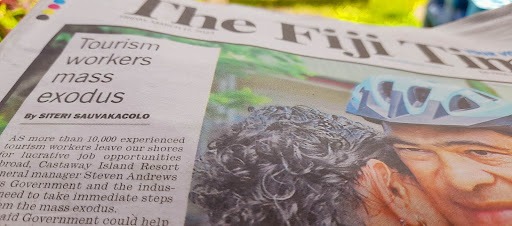
Local newspaper, The Fiji Times.
News via television or paper is immediately responsive a day or two after cyclone or bad weather has swept through the country.
- Newspaper- niusiveva (nee-ooh-see-ve-va).
- News- itukuituku (e-too-coo-too-coo).
itukutuku, can also refer to ‘report’ or ‘information’ in Fijian.
3. Siga
The Sun is referred to as, ‘matanisiga’ (mah-tah-nee-see-nga) but the word Siga (see-nga, *ng in sing) refers to, ‘day’ and anything relating to the Sun and daylight.
- Today – Siga nikua/ nikua (nee-coo-ah). *ah like the vowel, ‘a’
- Yesterday- Siga nanoa/ nanoa (na-no-ah).
- Tomorrow- Siga ni mataka/ mataka (nee-ma-tah-kah).
mataka also refers to morning, for tomorrow morning: mataka ni mataka.
- What day will that be? – ena siga cava ya? (eh-nah-see-nga-the-va-yah?).
4. Vula
Both the moon and month(s) are known by the word, Vula (voo-lah), for instance, the month of May will be ‘Na vula ko Me’ or there’s a full moon tonight – ‘E taucoko na vula ena bogi nikua’. Any word containing vula indicates that something is of whitish or a brighter pigment.
- White (colour)- Vulavula (voo-lah-voo-lah).
- Pale/ to turn pale- Vulaci (voo-lah-thee).
- Visitor- Vulagi (Voo-lah-ngee) *indigenous beliefs surround many superstitions/bad omen with the moon.
Fijians followed a lunar calendar before today’s Gregorian calendar, check out our article, ‘Fiji before the Gregorian calendar’ for more.
5. Draki
Pronounced ‘ndra-key’, this refers to the weather and any other association with it.
- Climate change- Veiveisau ni draki (ve-e-ve-e-sa-ooh-nee-ndra-key).
- Today’s weather- Draki nikua (ndra-key-nee-coo-ahh).
- Cold weather- Draki Batabata (ndra-key-mba-ta-mba-tah).
6. Uca
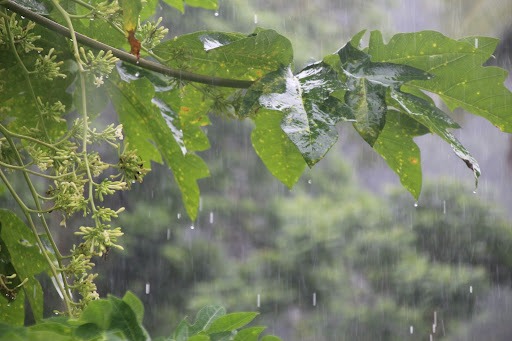
Pronounced as Ooh-the, Uca, refers to rain or anything associated with it.
- Rainy weather- Draki ucauca/ Draki suasua (ndra-key-sue-ah-sue-ah).
*suasua: wet.
- Heavy Rain- Uca bi (ooh-the-mbee).
- Drizzle (light rain)- Uca mirimiri (ooh-the-me-ree-me-ree).
- Hail- Uca Cevata (ooh-the-they-va-tah). *occurs in the highlands.
7. Cagi/cagilaba
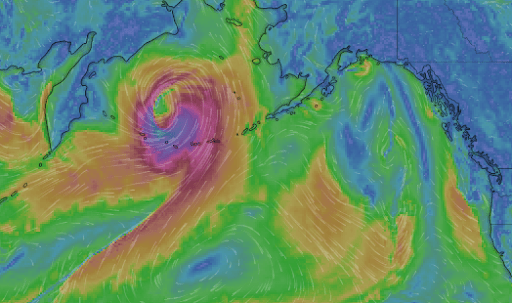
These two words you’ll hear most regularly during Fiji’s cyclone season from November to April. The country experiences some of the hottest and most humid temperatures during this season, where tropical depressions are most common.
- Wind- Cagi (the-ngee).
- Cyclone- Cagilaba (the-ngee-lah-mba).
- Hot weather- Draki Katakata (ndra-key-ka-tah-ka-tah).
8. Covu-laca
Similar to tornadoes and waterspouts, pronounced ‘th-ooh-voo-la-the’, this occurs swifty and specifically. Unlike tornadoes, these winds are more swift and limited in area.
9. Waluvu & Sisi-ni-qele
During or after storms, two most common things will occur, flash floods will occur in low lying areas and landslides will occur after it has rained for a couple of days..
- Flood- Waluvu (wah-loo-voo). *sometimes pronounced as ‘ualuvu’.
- Landslide- Sisi-ni-qele (see-see-nee-nge-le) *nge in gain.
10. Uneune and Ualoka
Uneune, refers to any earthquake, tremor or unusual shift in the earth’s surface. This only occurs when the country or parts of the country experience some of the hottest and most unbearably high temperatures in dry weather.
Ua, refers to a sea wave or tide. Loka, refers to a huge body of water. Together, Ualoka, they refer to any tsunami or tidal wave that is of an unusually large size. Most of these tidal waves occur as an aftermath of an earthquake.
- Earthquake- Uneune (ooh-ne-ooh-ne).
- Tsunami/tidal wave- Ualoka (ooh-ah-lo-kah)


